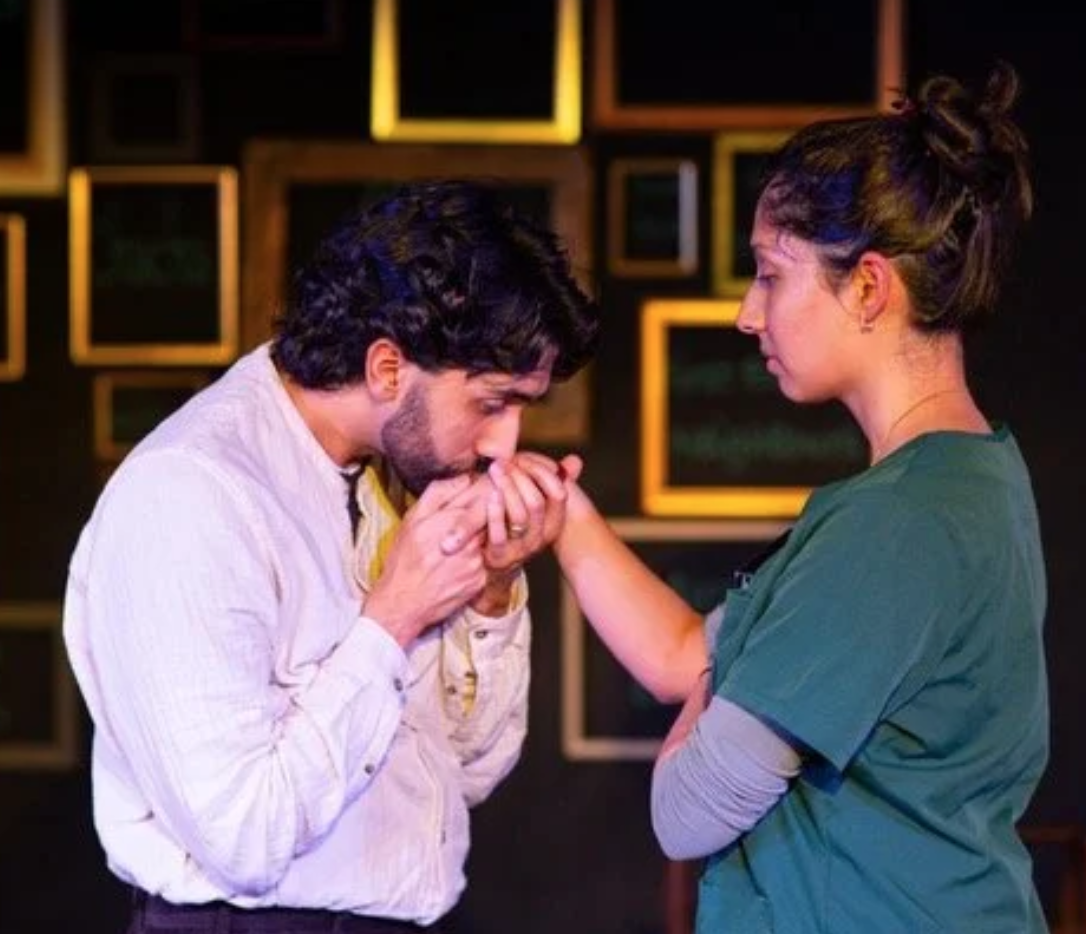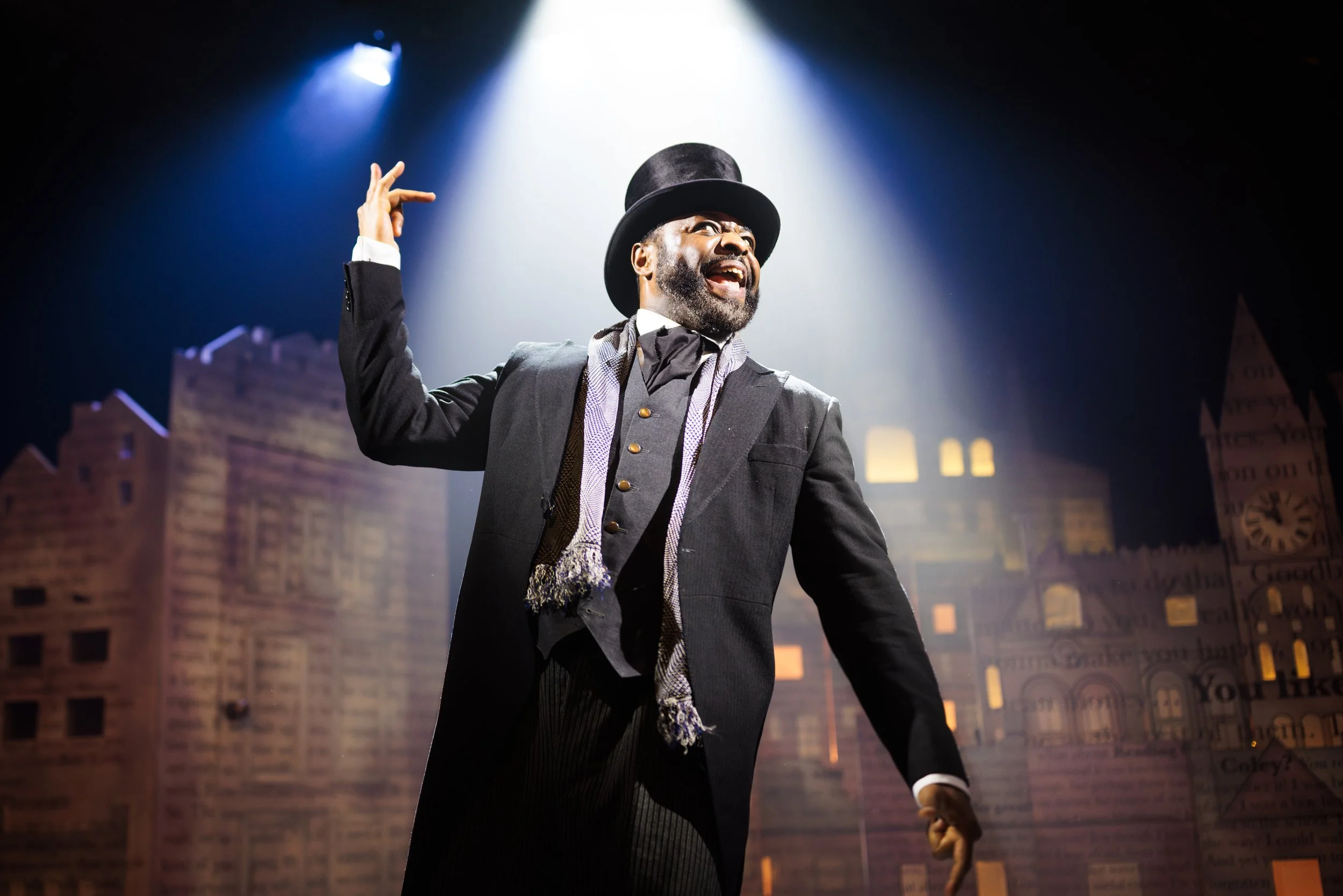The Valentine Letters, Jack Studio Theatre Review
Written by Charlotte for Theatre & Tonic
Disclaimer: Gifted tickets in exchange for an honest review.
From 1940 to 1945, John and Ursula Valentine exchanged hundreds of letters, the majority of which miraculously survived to be transcribed by their daughter Frances Zagni and published by Steve Darlow in Geprüft – The Remarkable Second World War Letters of Prisoner of War John Valentine and his Wife Ursula. Following the book’s publication, Darlow has adapted the Valentines’ story into a three-hander for the stage, The Valentine Letters, now on tour across Bath, London, and Bedford.
To get the obvious but important out of the way, the Valentines’ story of survival through such volumes of heartfelt, earnest letters is nothing short of a remarkable testament to people’s endurance in times of great, unfathomable hardship. There are so many rich, insightful details embedded in their correspondence, from the day to day lives of women keeping home together amidst the blitz to those of POWs picking up hobbies in desperate attempts to stave off madness. It’s a meaningful story to tell, as especially evidenced by the numerous audience members sat about at the interval discussing how they, too, were a child of the war.
Unfortunately, as much meaningful potential as the Valentines’ story holds, the play struggles to bridge the gap between the written word and drama. Frances herself, played with wonderous charm by Charlotte Dummond-Dunn, acts as the narrator, ushering the audience through the war years with irregular contextual interludes. Otherwise, the play-text is composed almost exclusively of John and Ursula, played with a fervour by Tom Hilton and Katie Hamilton, reciting the letters they compose to one another. In essence, The Valentine Letters is a collection of monologues delivered in alternating turn. And while the content of these letter-monologues is interesting, the formulaic back-and-forth of their presentation becomes stagnant quickly. Each character is kept in their own corner quite literally – situated in a pool of light with a smattering of period props to toy with, something which does well suggest the painful distance between Ursula and John but which also further emphasises the play’s lack of motion (in a literal and figurative sense).
The lack of urgency in the pacing is not helped by the overarching lack of tension. Despite the war being an inherently high-stakes backdrop, the play itself does little to develop and sustain any tangible sense of these stakes. It may perhaps rely partially on the audience’s awareness of what could happen to John across years in a POW camp, but without any real revelatory action actually occurring within the world of the play, the story begins to sag under its own sentimentality and obfuscation of the very real danger dancing around its edges.
The intimate portrait of a marriage contained in the Valentines’ letters is one that will certainly touch many hearts and one which is undoubtedly a brilliant lens into life for average Britons during wartime. It is unfortunate that despite the incredible story and talented cast, The Valentine Letters cannot quite overcome its sluggish composition. I have no doubt the book is a fascinating read, and I have every intention of picking it up after seeing the play, so it is far from a fruitless endeavour. At its core, The Valentine Letters only needs to ask itself why it wants to be a drama and how it can find a more engaging balance between page and stage.
At Jack Studio Theatre until 22 June.
☆ ☆ ☆










